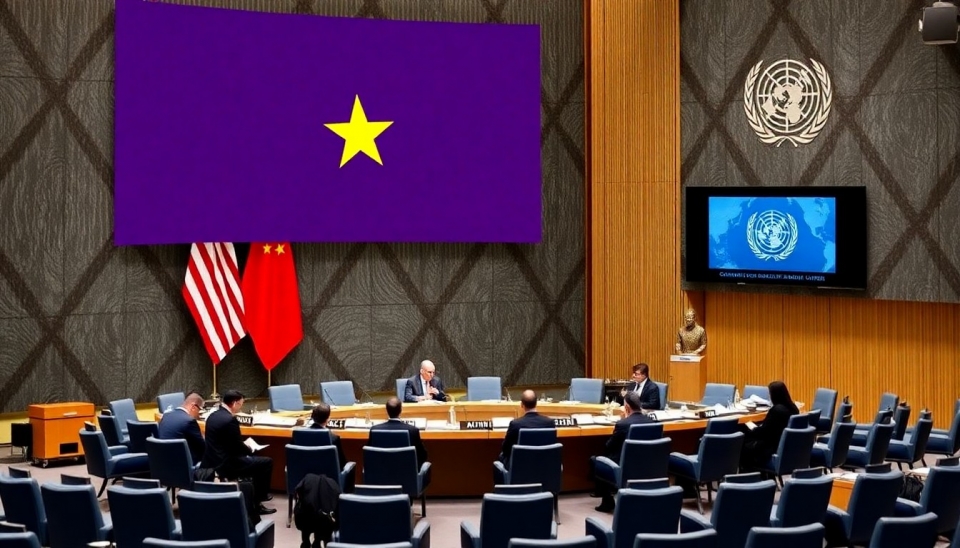Indonesia and Thailand: Awaiting Rate Pause Before Fed Easing

Indonesia and Thailand are preparing to pause changes in their key interest rates as they anticipate a loosening of monetary policy by the US Federal Reserve. These changes may have a significant impact on both countries' economies, which face different challenges and opportunities amid global economic conditions.
The central banks of both nations are in the process of assessing the current situation in global markets and the impact that the Fed's decisions may have on rate adjustments. While Thailand's economic growth is gradually recovering, Indonesia is also showing signs of stabilization and resilience, underscoring the need for a careful approach to monetary policy management.
In Indonesia's case, the local central bank is expected to keep its rates unchanged at the upcoming meeting, considering the current inflationary situation and overall economic backdrop. Analysts believe that any changes might be dictated by external factors and international economics, especially in light of expectations for a reduction in US rates.
Meanwhile, in Thailand, given signs of economic recovery, there is also a likelihood that the rate will remain unchanged. The country's central bank is monitoring financial flows and the potential impact of global policy on the domestic market. The decision to remain at the current level is also related to the need to maintain a balance between growth and inflation.
Thus, both central banks are striving to adapt to the rapidly changing economic landscape and consider all factors that may affect their monetary policies. Their decisions are expected to be heavily influenced by developments in Fed policy and general trends in the global economy.




